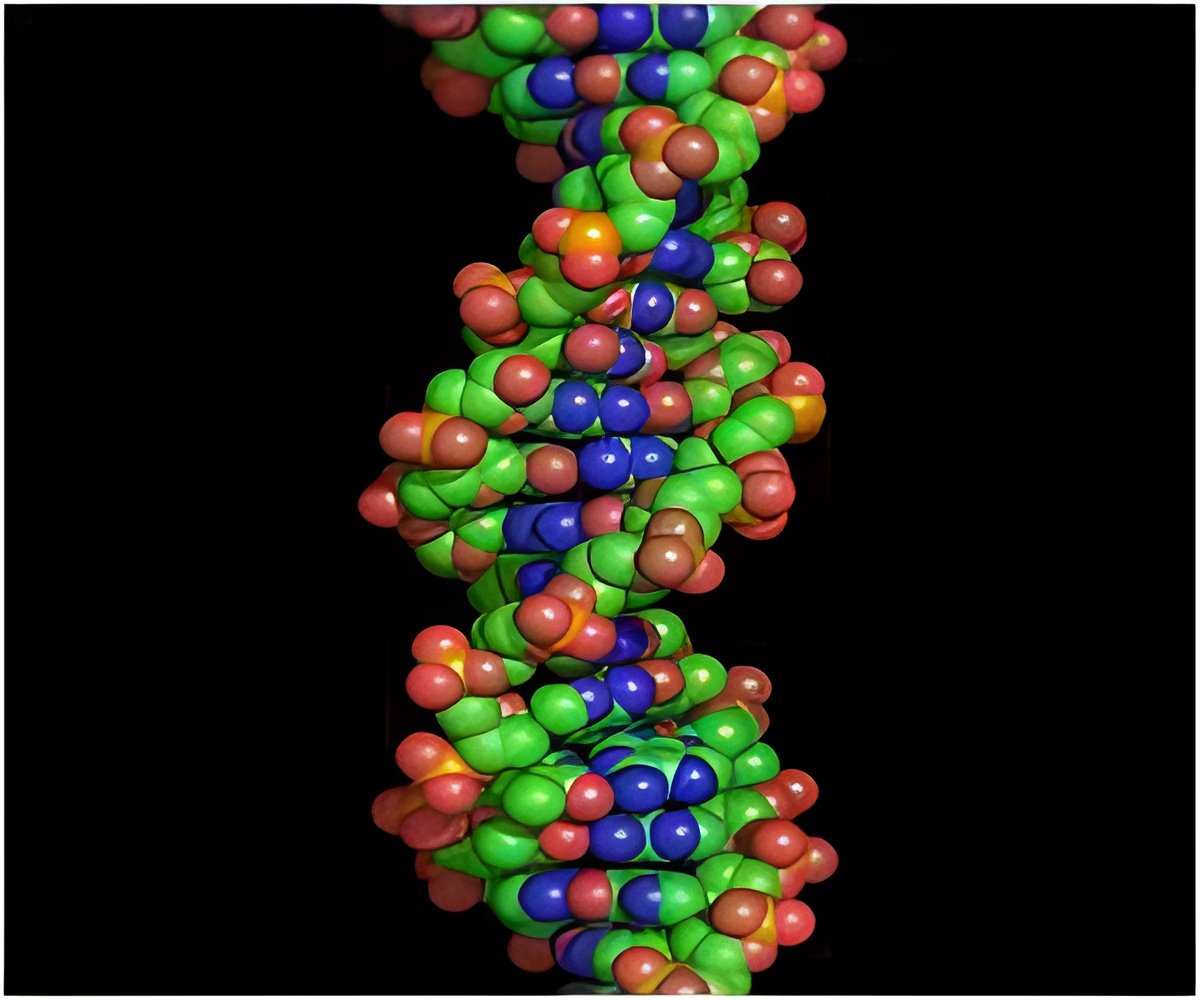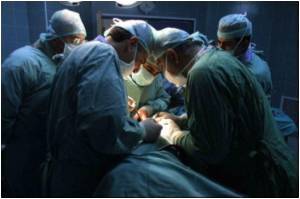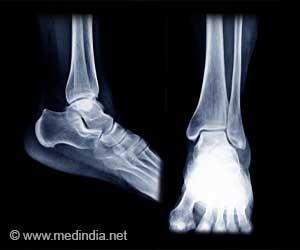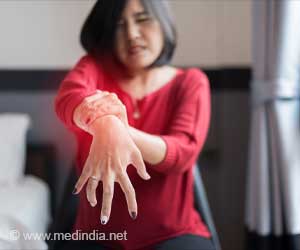A study involving an Indian-origin researcher has demonstrated how seawater could shed light on human disease.

Debashish Bhattacharya, professor of ecology, evolution and natural resources in Rutgers' School of Environmental and Biological Sciences, and Ramunas Stepanauskas and Hwan Su Yoon of the Bigelow Laboratory of Ocean Sciences, used sophisticated new technologies to sequence the genomes of individual picobilophytes, tiny microbes first discovered in 2007.
"If we can peer inside the genome of a single cell and reconstruct its history, we can do that for many cells and figure out their interactions with other cells in the environment," Bhattacharya said.
"For example, why do different cancer cells from the same tumor grow at different rates? Their genomes might contain the answer, and the answer might lead to more effective treatment strategies," he added.
The study has been published in the journal Science.
Source-ANI









